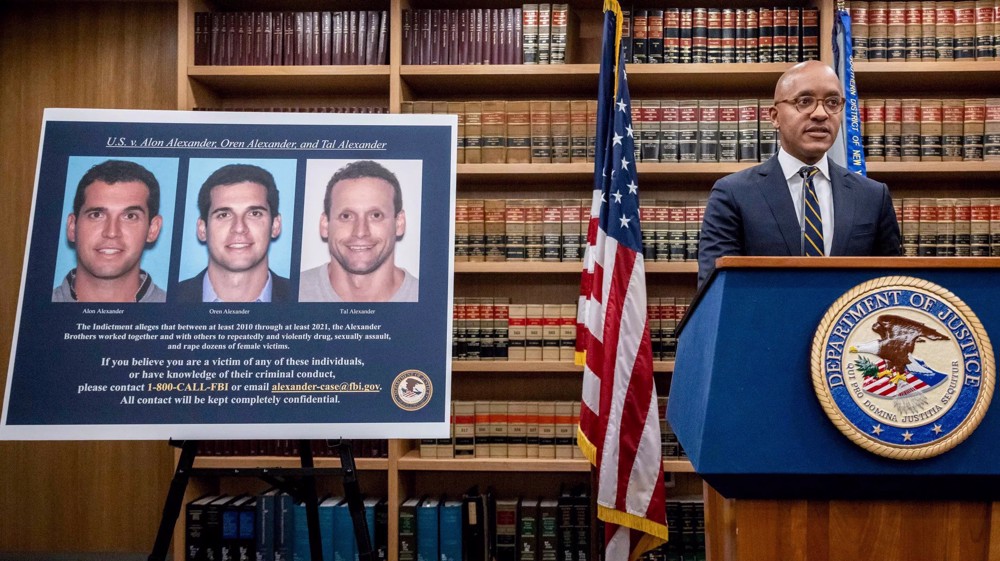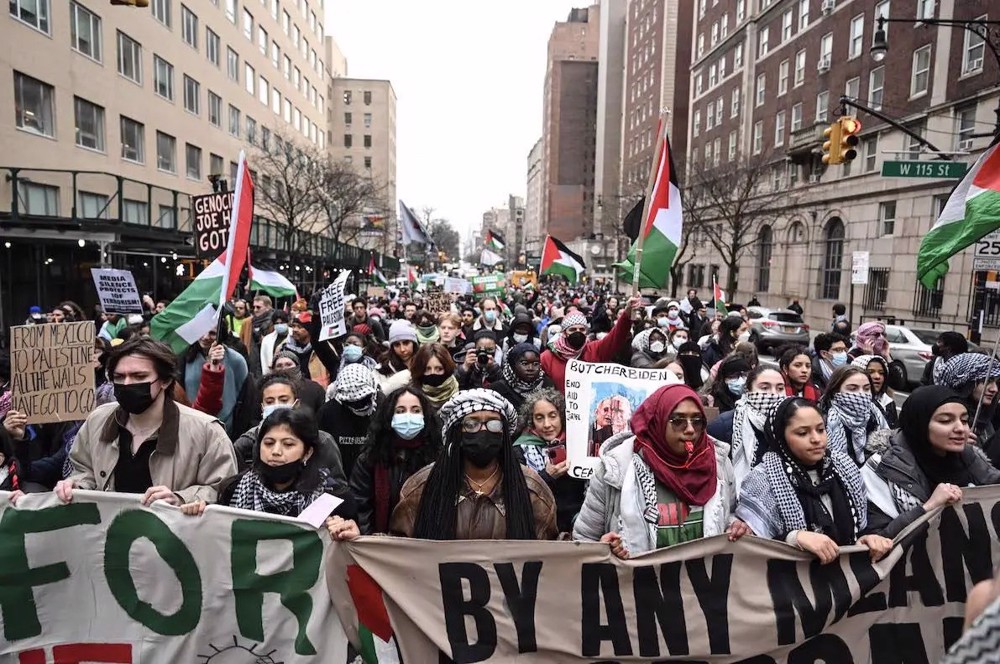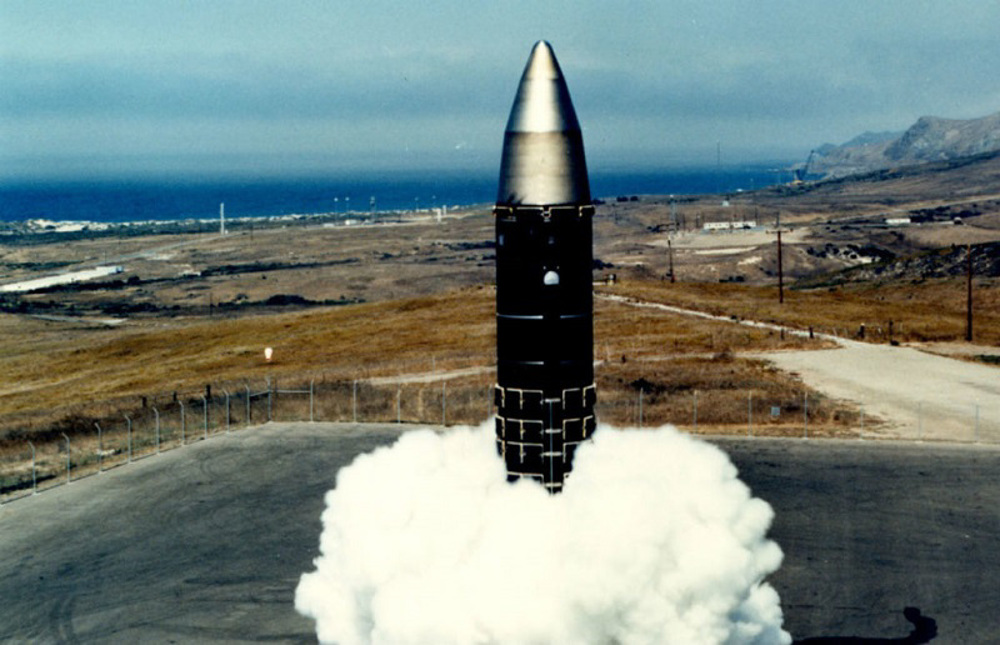Protest in front of White House against Saudi king's visit
Protesters gathered in front of the White House where President Barack Obama hosted Saudi Arabia’s King Salman bin Abdul-Aziz.
Yemenis residing in the United States and other citizens protested against the Saudi king’s first visit to Washington on Friday, carrying placards that portrayed the victims of Saudi Arabia’s war of aggression against Yemen.
A peace activist said the protest aimed to send a message to the White House that King Salman is a “criminal” and that Saudi Arab has committed war crimes in Yemen, according to Yemeni media.
Obama and his royal guest discussed the situation in Yemen, the nuclear agreement with Iran, and the Syrian crisis among other things.



The US president told reporters gathered in the Oval Office before the meeting that he and King Salman shared the common goals of resolving the humanitarian crisis in Yemen.
“We share a concern about Yemen and the need to restore a functioning government that is inclusive and can relieve the humanitarian situation there,” Obama stated.
The White House has seized on Salman’s visit to follow up on promises to shore up US-Saudi relations, including big-ticket military sales to the kingdom.
King Salman said Riyadh is working with Washington for world peace.
"Our region must achieve stability, which is essential for the prosperity of its people, and in our country, thank God we are prosperous, but we want prosperity for the entire region. We are willing to cooperate with you in order to achieve that,” he said through his translator.

US Vice President Joe Biden, Secretary of State John Kerry, and National Security Adviser Susan Rice were also present in the meeting.
Saudi Arabia launched its military aggression against Yemen on March 26 – without a UN mandate – in an effort to undermine Yemen’s popular Houthi Ansarullah movement, whose fighters forced the US-backed president, Abd Rabbuh Mansour Hadi, into exile.
The United States has more than doubled the number of its military staff “providing intelligence, munitions and midair refueling” for Saudi Arabia’s airstrikes on Yemen, according to The Los Angeles Times.
In addition, US warships have also helped enforce a naval blockade in the Gulf of Aden and southern Arabian Sea.
However, human rights groups say the blockade has hindered imports of basic commodities, including food and fuel, to the impoverished nation.
Nearly 4,500 people have been killed in the Yemeni conflict, the World Health Organization said last month. Local Yemeni sources, however, say the fatality figure is much higher.
Hamas calls for action against Israeli settler incursions into al-Aqsa Mosque
'Hell of the hell': UNRWA blasts Israel’s months-long deadly siege on northern Gaza
VIDEO | Israel wipes out northern Gaza
VIDEO | Press TV's news headlines
Israel kills 5 Palestinian journalists in front of Al-Awda Hospital in Gaza
VIDEO | Gaza ceasefire obstacles
VIDEO | Pakistani Christians mark Christmas in solidarity with Palestine
VIDEO | Plight of Gaza cancer patients










 This makes it easy to access the Press TV website
This makes it easy to access the Press TV website